An overview of selected new books in Szilárd Library, with a word from their authors, reviewers and publishers.
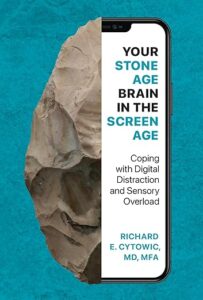
By Richard E. Cytowic
The human brain hasn’t changed much since the Stone Age, let alone in the mere thirty years of the Screen Age. That’s why, according to neurologist Richard Cytowic, our brains are so poorly equipped to resist the incursions of Big Tech; why we are easily addicted to screen devices; why young, developing brains are particularly vulnerable; why we need silence; and what we can do to push back.
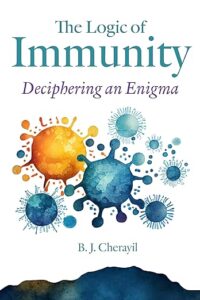
By B. J. Cherayil
This book explains how the immune system interacts with other body systems, why some people develop autoimmune diseases while others do not, and how lifestyle factors may activate or suppress the immune system.
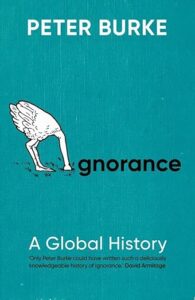
By Peter Burke
Peter Burke examines the long history of humanity’s ignorance across religion and science, war and politics, business and catastrophes. The result is a lively exploration of human knowledge across the ages, and the importance of recognizing its limits.
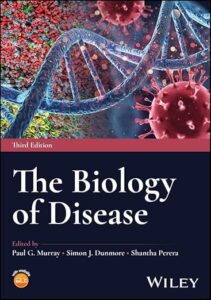
Edited by Paul G. Murray, Simon J. Dunmore and Shantha Perera
This 3rd edition provides a comprehensive overview of the principles of the disease process which has been updated to reflect the advances in the basic sciences of cell biology, immunology and the molecular mechanisms of disease.
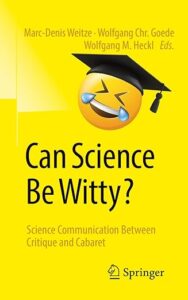
Edited by Marc-Denis Weitze, Wolfgang Chr. Goede and Wolfgang M. Heckl
This book navigates between criticism and cabaret and deals with comedy in different forms from different perspectives. 22 contributions show how the results of science, research and technology can be brought to the general public in new ways.
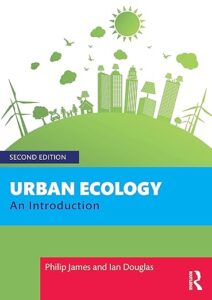
By Philip James and Ian Douglas
The authors explore our responsibilities for urban nature and greening, ecological management techniques, and the use of nature-based solutions to achieve a better, more sustainable urban future and ensure that cities can climate change and become more beautiful and more sustainable places in which to live.
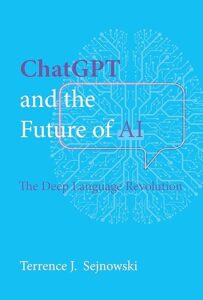
By Terrence J. Sejnowski
Sejnowski, a pioneer in computational approaches to understanding brain function, discusses the potential future of AI, focusing on next-generation LLMs inspired by nature and the importance of developing energy-efficient technologies.
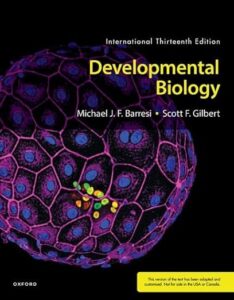
By Michael J. Barresi and Scott F. Gilbert
This classic text takes a balanced and modern approach, presenting the exciting developments in the field, and making the most complex topics understandable to a new generation of students.
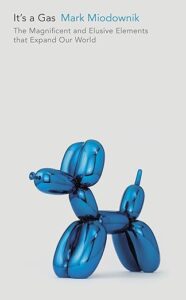
By Mark Miodownik
Why are most gases invisible, odourless and tasteless? Why do some poison us and others make us laugh? And why do some power our engines while others make drinks fizzy? In It’s a Gas, Mark Miodownik masterfully reveals an invisible world through his unique brand of scientific storytelling.
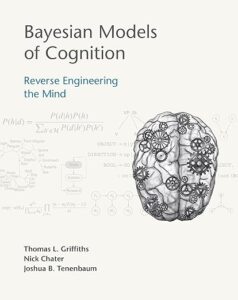
By Thomas L. Griffiths, Nick Chater and Joshua B. Tenenbaum
How does human intelligence work, in engineering terms? How do our minds get so much from so little? This textbook offers an authoritative introduction to Bayesian cognitive science and a unifying theoretical perspective on how the mind works.
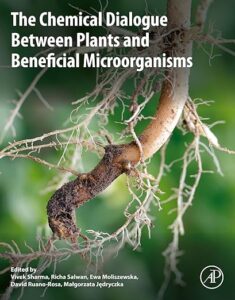
Edited by Vivek Sharma et al.
Providing in-depth and recent updates about unexplored aspects of plant microbes interactions, the book includes the biological repertoire of arbuscular mycorrhizal association, molecular architecture of Rhizobium-plant symbiosis, and endophytes in transcriptional plasticity during host colonization by endophytes.










